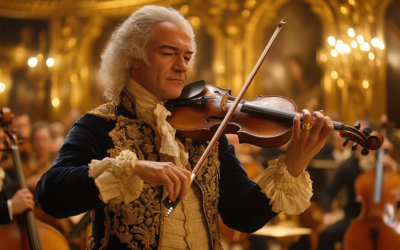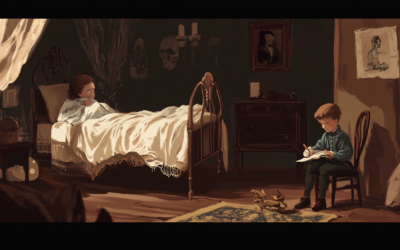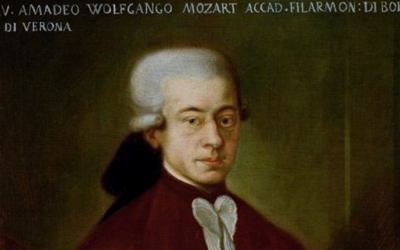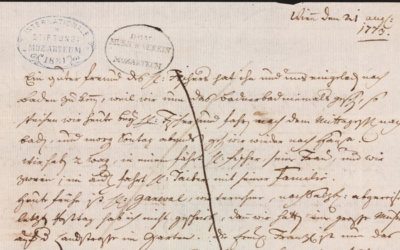A Resounding Success
Luchesi’s Concerto Revived at Milan's Sala Verdi
A standing ovation followed the performance of our revised edition of Luchesi’s Concerto in F for piano and strings at the Sala Verdi in Milan, conducted by Maestro Giorgio Rodolfo Marini and performed by the Insubria Chamber Orchestra.
Mozart: The Fall of the Gods
This book offers a fresh and critical look at the life of Wolfgang Amadeus Mozart, challenging the myths that have surrounded him for centuries. We strip away the romanticised image of the “natural genius” and delve into the contradictions within Mozart’s extensive biographies. Backed by nearly 2,000 meticulously sourced citations, this work invites readers to explore a deeper, more complex understanding of Mozart. Perfect for those who wish to question the traditional narrative, this biography is a must-read for serious music lovers and historians.
"Luchesi’s forgotten masterpiece returned to the stage, proving that some of the finest compositions of the Neoclassical period have yet to be fully appreciated."
@MozartrazoM
Recently, at the iconic Sala Verdi of the Milan Conservatory, a remarkable concert featured our revised version of Andrea Luchesi’s Concerto in F for piano and strings. This revival, alongside works by Donizetti, Costantini, and Perosi, was a resounding success, met with enthusiastic applause from an appreciative audience.
Conducted by Maestro Giorgio Rodolfo Marini, and with Maestro Carlo Levi Minzi as the soloist, the performance by the Insubria Chamber Orchestra brought new life to Luchesi’s forgotten masterpiece. The audience was captivated by the elegance and depth of Luchesi’s composition, which, thanks to our careful transcription and revision, revealed a richness that had been overlooked for too long.
This event not only celebrated Luchesi’s contribution to the world of classical music but also demonstrated how important it is to re-evaluate composers who have been unjustly neglected by history. The applause and standing ovations confirmed that this was a long-overdue recognition of Luchesi’s brilliance.
You May Also Like
The Violin Concertos: Mozart’s Borrowed Genius
Mozart’s violin concertos are often celebrated as masterpieces, but how much of the music is truly his? This article delves into the complexities behind the compositions and challenges the authenticity of some of his most famous works, revealing a story of influence, imitation, and misattribution.
#2 The Hidden Truth of Mozart’s Education
In this video, we uncover the hidden truth behind Wolfgang Amadeus Mozart’s early education and challenge the long-held belief in his effortless genius. While history often celebrates Mozart as a child prodigy, effortlessly composing music from a young age, the reality is far more complex.
The London Notebook
The London Notebook exposes the limitations of young Mozart’s compositional skills and questions the myth of his early genius. His simplistic pieces, fraught with errors, reveal a child still grappling with fundamental musical concepts.
The Mozart Question
In this revealing interview, we delve into the lesser-known aspects of Wolfgang Amadeus Mozart’s life, challenging the long-standing myth of his genius. A Swedish journalist explores how Mozart’s legacy has been shaped and manipulated over time, shedding light on the crucial role played by his father, Leopold, in crafting the career of the famed composer.
Georg Nissen and the Missing Notebooks
After Mozart's death, his widow, Constanze, found a steadfast partner in Georg Nikolaus von Nissen, a Danish diplomat who dedicated his life to preserving the composer's legacy. Nissen not only compiled an extensive biography of Mozart but also uncovered and...
Letters Under Surveillance
In a world without privacy, Leopold Mozart’s letters were carefully crafted not just to inform but to manipulate perceptions. His correspondence reveals a calculated effort to elevate his family’s status while avoiding any mention of failure or controversy.







